- Overview
- Types
- Symptoms
- Causes & Risks
- Tests & Diagnosis
- Treatment
- Living With
- Mobility & Assistive Devices
- Complications
- Caregiving & Support
- Appointment Prep
- View Full Guide
10 Best Foods for MS

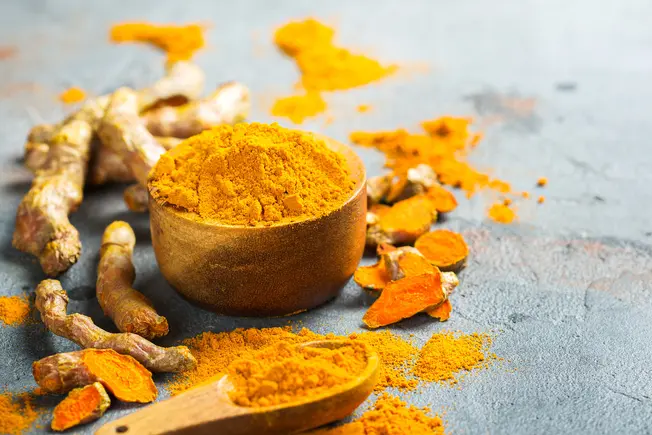
Turmeric
This bright orange-yellow spice is common in Indian cooking, but you can use it in many dishes. Its main ingredient, curcumin, may protect nerve cells and adjust the body's immune system. You can sprinkle it on everything from cooked vegetables to whole-grain rice, or take it in a capsule. Curcumin is safe for most people, but it may cause side effects if you take some medicines. So check with your doctor before you take it as a supplement.
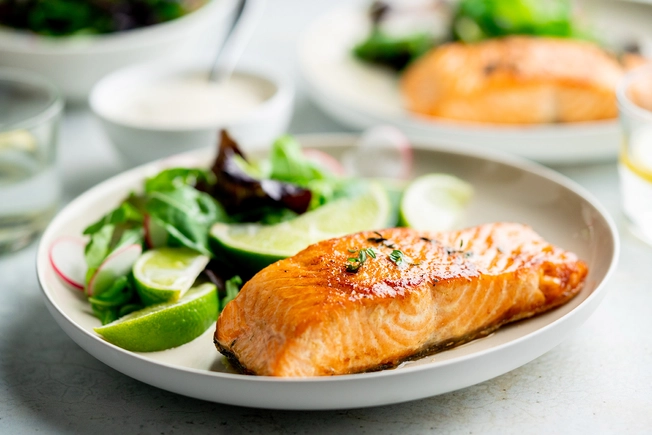
Vitamin D-Rich Foods
If you have MS, you're at risk of osteoporosis, a condition that makes your bones weaker and more likely to break. Vitamin D can help protect you from the problem. It may also help curb the inflammation that fuels MS symptoms. Sunlight helps your skin make the nutrient, but oily fish like salmon or tuna, yogurt, eggs, cereals, and fortified orange juice are good food sources. You may also want to ask your doctor if you should take a vitamin D supplement.
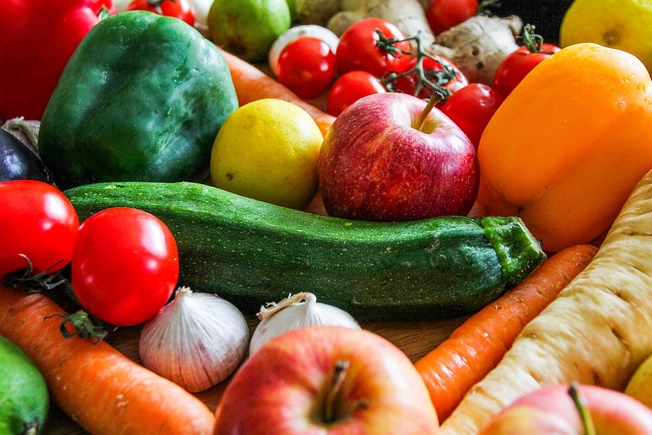
Fruits and Vegetables
When you eat five servings of them a day, you're loading up on antioxidants, which can help ease inflammation. If you eat them regularly, they may help you prevent relapses. Produce also has plenty of fiber, which keeps your digestion running smoothly. Load your plate with foods high in antioxidants, like onions, apples, citrus fruits, berries, and black grapes.
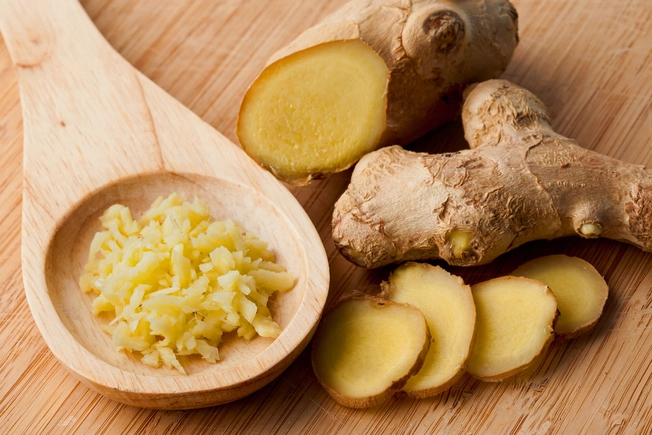
Ginger
You might use it as a baking spice, but in other parts of the world, ginger is best known as a medicinal plant. Studies show that it may help calm the immune system and might even improve memory problems and muscle pain, which are common MS symptoms. You can take it in a capsule, but fresh ginger root may give you the most benefit. Peel, chop, and add it to stir-fries. Or steep a piece of peeled root in hot water to make tea.
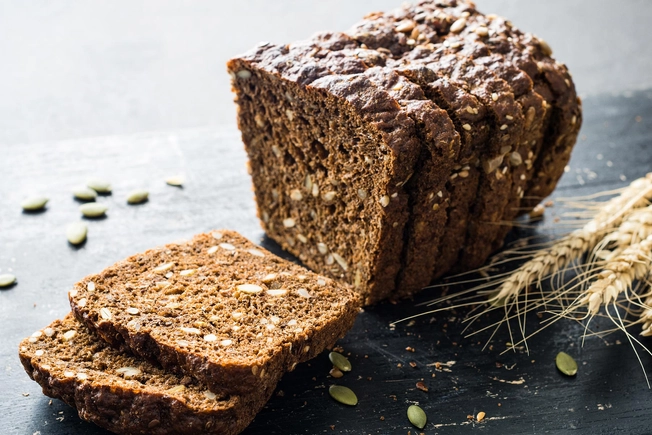
Foods With Fiber
"Insoluble" fiber is your best choice. You'll find it in prunes or their juice, whole wheat bread, brown rice, and other whole grains. Your body doesn't fully digest this fiber, so it passes through your system. That's a good thing. It helps prevent constipation, a common problem for people with MS. Most people should aim to get at least 25 grams of fiber each day. Since it absorbs water, make sure you also drink plenty of fluids each day.
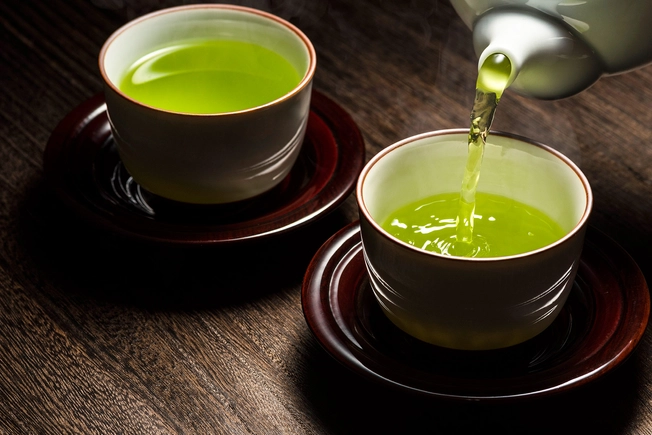
Green Tea
Got muscle weakness and fatigue? A cup of soothing green tea may help. A small study found that some of its compounds, including one called EGCG, may help ease these symptoms. People saw results after they drank green tea every day for at least 3 months. The drink may also bolster the immune system, ease inflammation, and slow the effects MS can have on your thinking.
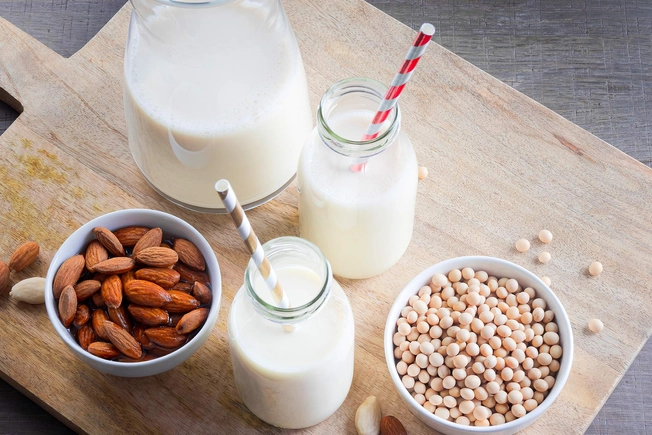
Dairy Alternatives
Some studies show a link between cow's milk and MS. One theory is that the proteins in dairy products can irritate the immune system. Other research does not suggest a link to MS. But if you do have lactose intolerance, then it is best to stay away from dairy.If you want to try cutting back on dairy products, swap out your usual milk, ice cream, butter, and cheese for versions made from almond, soy, rice, or oats. Look for products that have added calcium to help protect your bones.
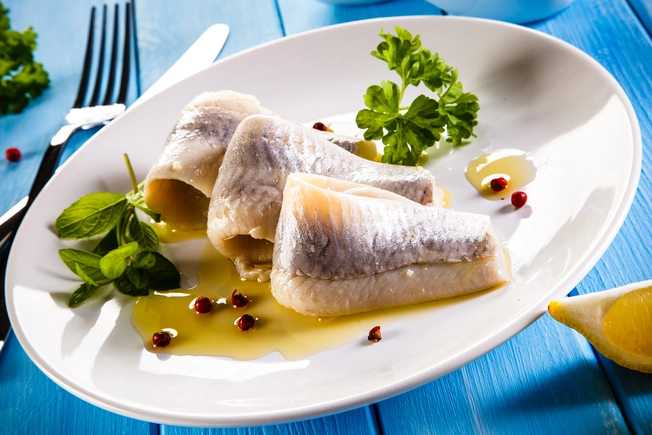
Fatty Fish
Herring, mackerel, albacore tuna, sardines, and salmon all have omega-3 fatty acids, which can help reduce inflammation in the body. One large study showed that people with MS who took 10 grams of fish oil a day were less likely to relapse or become more disabled.) If you're a vegetarian or don't like fish, ask your doctor about getting omega-3s from fish oil supplements or flaxseed oil.
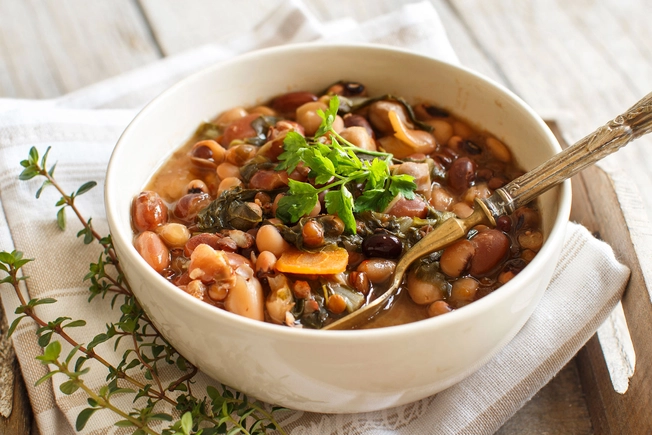
Lean Protein
Some science has shown that diets low in saturated fat can help people with MS. Plus, it's linked to heart disease and other health problems, so it's best to limit how much you get. When you eat protein, skip fatty red meat for leaner cuts like skinless chicken. Or swap meat for beans and lentils. They're high in fiber and folate, which may help reduce MS attacks.
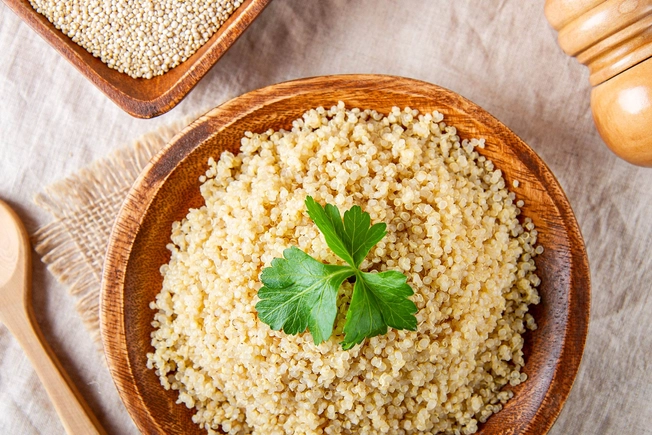
Whole Grains
Aim to eat 3-5 servings of healthy whole grains such as whole-wheat pasta, quinoa, or brown rice every day. Their complex carbohydrates can prevent energy spikes and help you feel less tired. And their fiber will help you manage your weight and avoid constipation. The right amount of magnesium and iron, which whole grains have, might also help slow the effects of MS, although scientists need more research to know for sure.